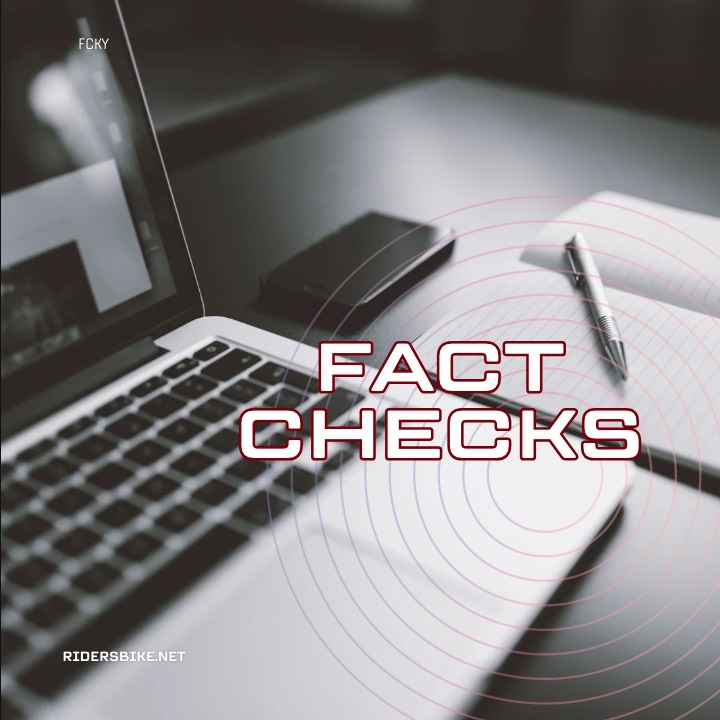Journalists vs Influencers

The distinction between influencers and journalists is a complex and often debated topic, especially in the context of the growing presence of social media and the change in the way information is disseminated and consumed.
Journalist:
Definition: A journalist is a professional registered with the Register of Journalists and required to respect a specific code of ethics. Their main activity consists in the collection, verification and dissemination of information, often with the aim of providing a critical and objective analysis of events.
Deontological Obligations: Journalists are subject to precise rules, including the obligation not to accept compensation from interested parties and not to engage in advertising activities. These constraints are aimed at ensuring the independence and objectivity of information.
Role: A journalist has traditionally had the task of acting as a “watchdog” of society, providing food for thought and critical analysis. However, with the advent of social media, the role of the journalist has transformed, and many professionals have started to use these platforms to disseminate their news and opinions.
Influencer:
Definition: An influencer is a figure who has gained notoriety on social media thanks to their ability to influence the opinions and choices of their followers. Influencers often create content of a personal, entertainment or product and service promotion nature.
Characteristics: Influencers are not subject to the same ethical rules as journalists. They can accept compensation to promote products or services and often collaborate with companies to create sponsored content. Their strength lies in their ability to create an emotional connection with the public and make their followers feel comfortable.
Role: Influencers are often seen as “popular” figures who express their vision and lifestyle through social media. Their influence is based on the trust that followers place in them, rather than on the objective verification of information.
Key Differences:
Registration in the Register: Journalists are registered in the Register of Journalists, while influencers are not subject to this regulation.
Objectivity and Verification: Journalists are required to verify information and maintain a high level of objectivity, while influencers may have greater freedom of expression and may promote sponsored content.
Compensation: Journalists cannot accept compensation from interested parties, while influencers may be paid to promote products or services.
Content: Journalists focus on disseminating news and analysis, while influencers create entertainment and promotional content.
Tensions and Conflicts:
Competition: The growing presence of influencers in the media has created tensions with journalists, who often feel threatened by competition. Some journalists refuse to attend events where influencers are present, considering them less professional or less trustworthy.
Regulation: The lack of clear regulation for influencers has led to discussions about ethics and transparency. For example, the Competition and Market Authority has sought to combat covert advertising on social media.
In conclusion, while journalists and influencers share some aspects, such as content creation and information dissemination, their differences in terms of regulation, objectivity and social role are significant. The coexistence of these two figures in the media landscape continues to be a topic of debate and reflection.















